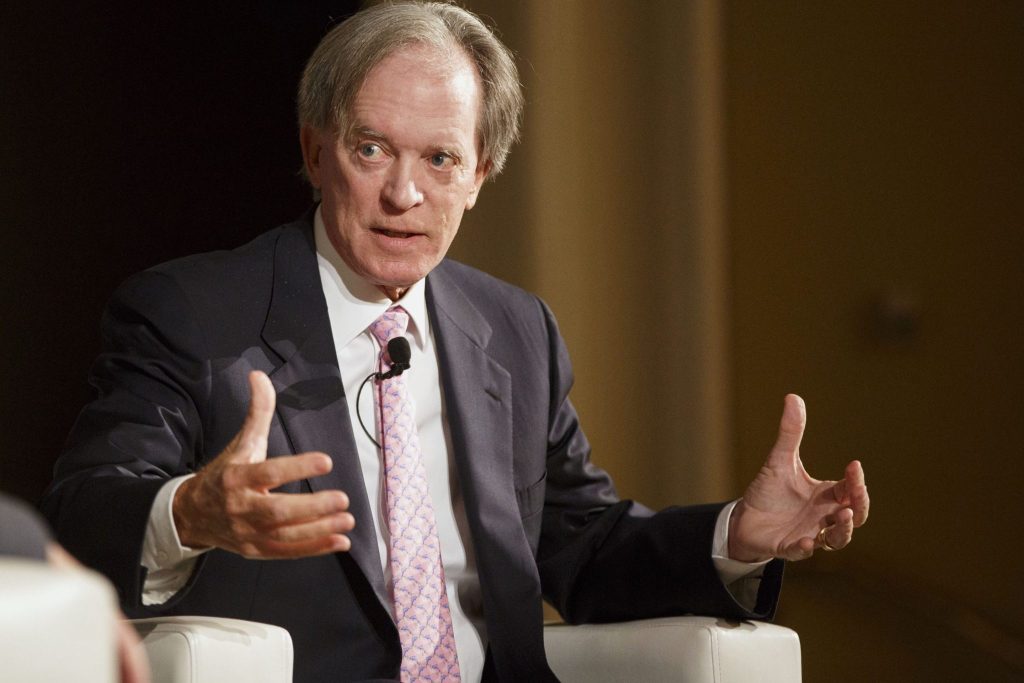- Bill Gross claimed the recent market turmoil would induce caution and a conservative attitude from Gen Z and millennials for a long time when it comes to investing. He later asked who would want to own stocks whose prices depend on the president’s mood. The White House did not respond to a request for comment.
Pimco cofounder and “Bond King” Bill Gross appears worried for a younger generation of investors.
“This market ‘crash’ will affect millennial and Gen Z investors for long to come,” he wrote on social media Tuesday, before the president pressed pause on some tariffs and stocks momentarily bounced back. “What before was a can’t miss way to make money will induce caution and more conservative attitudes.”
Still, the relief rally hasn’t swayed Gross.
“Would you want to own highly volatile U.S. stocks whose price depends on whether POTUS had a good night’s sleep and woke up the next morning to reverse yesterday’s policies?” Gross wrote Wednesday afternoon, after President Donald Trump announced a 90-day tariff pause, apart from China, and placed a 10% tax on all other countries. The White House press office did not respond to Fortune’s request for comment.
Earlier, Gross did not suspect Trump would back down on his tariffs, calling him a “macho male.” It isn’t clear what changed the president’s mind, or if this was his strategy all along, but what is clear is markets weren’t happy: There was an almost week-long sell-off in the stock market and bond market once Trump presented his sweeping reciprocal tariff regime on what he called “Liberation Day.”
Markets cheered on the grace period after Trump hit snooze on some global tariffs Wednesday, but stocks retreated at market open on Thursday. There could still be fears over tariff-induced inflation, a possible recession, or simply an air of uncertainty.
The Federal Reserve is in wait-and-see mode, and a three-month tariff pause means more time. Inflation cooled in March, too. But economists either see the consumer price data released Thursday as old news or don’t suspect it’ll result in interest-rate cuts.
“Yesterday’s pause doesn’t mean tariffs are no longer driving the economic narrative,” Ellen Zentner, Morgan Stanley Wealth Management’s chief economic strategist, said in a statement. “Today’s cooler-than-expected inflation should be taken as old news, with tariffs expected to send inflation rocketing higher in the next couple of months. The Fed remains in a tough spot, caught between a trade war causing tight financial conditions and weight on the economy as inflation takes off.”
First American Senior Economist Sam Williamson said in a statement that rate cuts remain unlikely as policymakers wait to see the effects of recent tariff changes.
When it comes to a recession, though, some no longer predict one while others still do. Goldman Sachs pulled its recession call not long after news of a pause came out; Apollo’s chief economist, Torsten Sløk, told Fortune “the recession risk has now been removed.”
But Moody’s chief economist, Mark Zandi, told Fortune, “I take no solace in the president’s announcement to delay the reciprocal tariffs for 90 days,” later adding he still sees a recession as a likely outcome.
This story was originally featured on Fortune.com







